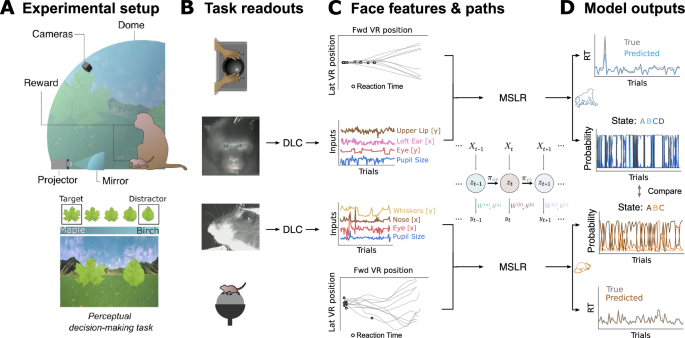
Decoding Facial Expressions: Understanding Cognitive States and Emotions Across Species
In a groundbreaking study published in Nature Communications, researchers at the Ernst Strüngmann Institute in Frankfurt have delved into the fascinating interconnectedness of facial expressions, cognitive states, and emotions across different species. Postdoctoral researcher Alejandro Tlaie Boria, the lead author of the study, sheds light on how facial expressions can serve as a reliable indicator of internal cognitive states, transcending species boundaries.
The study reveals that each cognitive state corresponds to a distinct pattern of facial features, indicating a deep-rooted link between emotions, cognition, and facial expressions. The researchers emphasize the potential of decoding seemingly insignificant facial cues to unveil meaningful neural states, showcasing the power of non-invasive monitoring in uncovering concealed cognitive activity.
Facial expressions play a pivotal role in human social cognition, enabling individuals to navigate complex interpersonal interactions and decipher others’ emotional states. These findings extend beyond humans, highlighting how facial expressions in animals also reflect not only emotional states but also underlying cognitive processes in a quantifiable manner.
Moreover, the study explores the utility of EEG and facial expressions in predicting cognitive states and future speech behavior, underscoring the diverse cues and features that these modalities offer. The results demonstrate the potential for automatic and non-intrusive detection of cognitive states through a combination of facial expressions and neural signals.
Overall, this interdisciplinary research unearths the intricate relationship between facial expressions, cognitive states, and emotions across species, offering compelling insights into the fundamental mechanisms underlying social cognition and behavioral responses.







